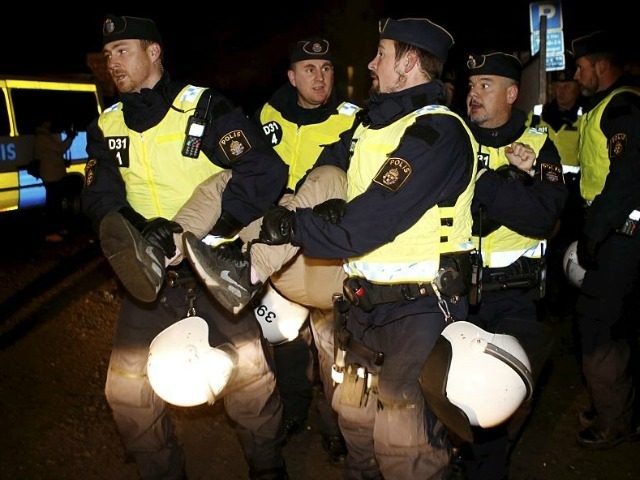A request for data detailing the relationship between crime and immigration in Sweden has been blocked by the government.
The Sweden Democrats (SD) called for an investigation into the subject after a recent study showed that Swedish women feel increasingly insecure, and are hesitant to leave the house, fearing sexual harassment.
Figures on the proportion of crimes that are carried out by people born abroad have not been available since 2005, but with the arrival of a huge number of migrants in recent years, the populist party hoped a report could shed some light on whether women’s growing insecurity is connected to the influx.
Justice minister Morgan Johansson denied the need for updated statistics on immigration and crime because it would be unlikely to herald any new information.
He told SVT News: “Sweden’s earlier figures and numerous international studies all show much the same thing. Minority groups are often overrepresented in crime statistics, but when controlling for socioeconomic factors this [the overrepresentation of minority groups] disappears almost entirely.”
The minister’s statement was slammed by Kurdish economist Tino Sanandaji, who outlined the flaws in the study to which Johansson referred, and wrote: “It is illogical to deny the criminality of migrants with the argument that criminal migrants are poor.”
The SD initiative gained support from only one person in another party, Centre Party MP Staffan Danielsson, who dissented from his party’s line to argue that it would be counterproductive to keep the information concealed.
“There were reports in 1996 and 2005. Now it’s 11 years on and we have migration that’s on an entirely different level.
“There are people who believe that almost no Swedes commit crime, and that it’s only foreign-born who do. Apparently this isn’t true. Facts are the only thing I’m after,” he told SVT.
Sweden’s criminology establishment has been accused of deliberately concealing the relationship between immigration and crime, which critics say denies authorities the chance to prevent crime and learn from previous mistakes.

COMMENTS
Please let us know if you're having issues with commenting.